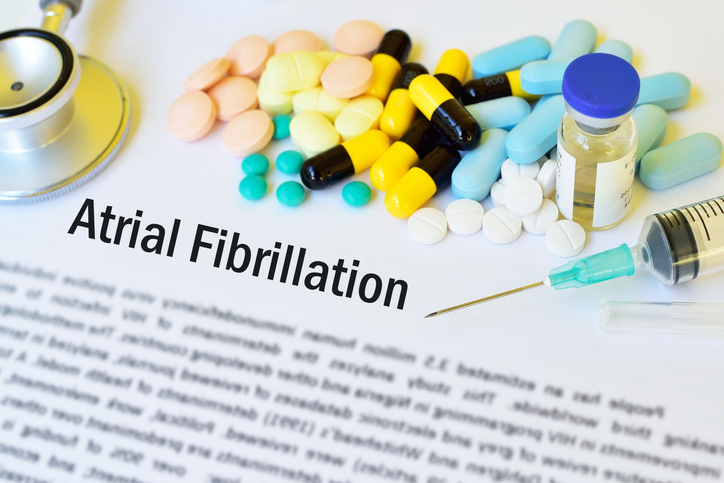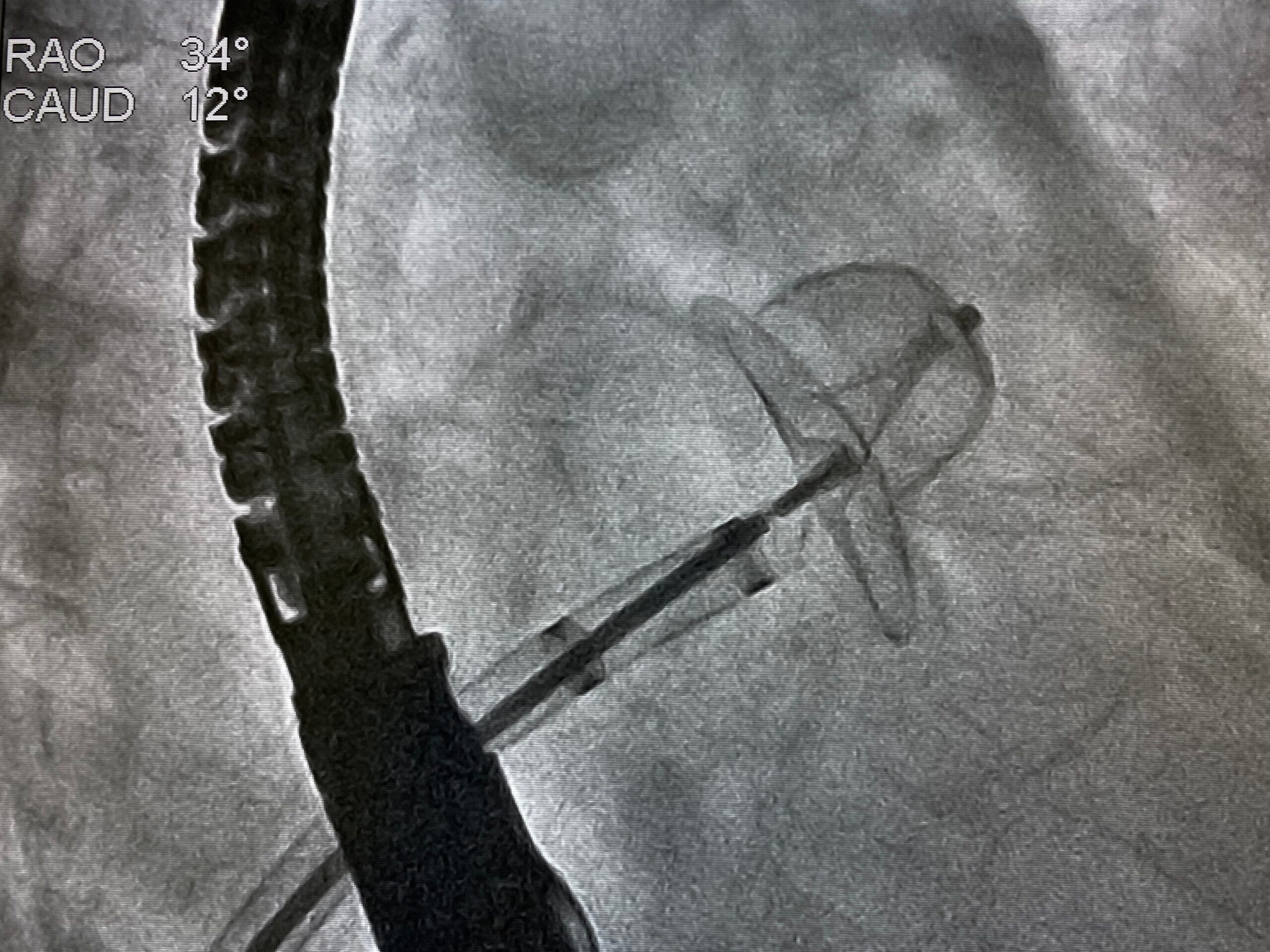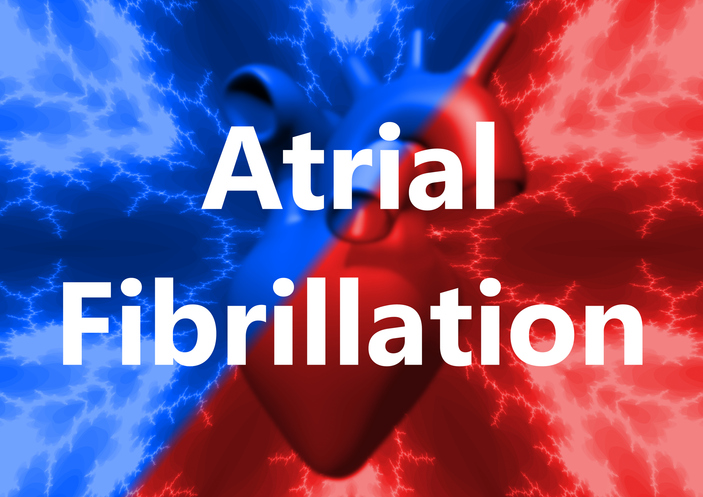
Burnout syndrome, characterized by overwhelming tiredness, a lack of energy, and irascibility, may also be associated with atrial fibrillation, according to a new study published in the European Journal of Preventive Cardiology.
“Vital exhaustion, commonly referred to as burnout syndrome, is typically caused by prolonged and profound stress at work or home,” study author Dr. Parveen K. Garg of the University of Southern California in Los Angeles, explained in a press release. “It differs from depression, which is characterized by low mood, guilt, and poor self-esteem. The results of our study further establish the harm that can be caused in people who suffer from exhaustion that goes unchecked.”
The analysis included participants in the Atherosclerosis Risk in Communities (ARIC) study (comprised of more than 15,000 individuals) who attended study visits between 1990 and 1992 and reported anger, vital exhaustion, anti-depressant use, and social support. The analysis sample size was 11,445 individuals. Participants had vital exhaustion assessed at baseline (defined by scoring in the highest quartile on the Vital Exhaustion Questionnaire. The primary study outcome was incident atrial fibrillation throughout 2016 (assessed by electrocardiogram, hospital discharge coding of atrial fibrillation). Media follow-up was 23.4 years.
Most Exhausted Means Most At-Risk
According to the results, there were 2,220 incident cases of atrial fibrillation. Following adjustment for race-center, age, sex, education, and height, participants who placed in the 4th Vital Exhaustion Questionnaire quartile were at elevated risk for atrial fibrillation (by as much as 20%; HR=1.45; 95% CI, 1.29 to 1.64). The association between the two remained even after adjustment for relevant comorbidities (HR=1.20; 95% CI, 1.06 to 1.35).
“It is already known that exhaustion increases one’s risk for cardiovascular disease, including heart attack and stroke. We now report that it may also increase one’s risk for developing atrial fibrillation, a potentially serious cardiac arrhythmia,” Dr. Garg said of the results. “The importance of avoiding exhaustion through careful attention to – and management of – personal stress levels as a way to help preserve overall cardiovascular health cannot be overstated.”
No Link Between Anger and Atrial Fibrillation
Additionally, the authors reported that they observed no link between anger, poor social ties/support, and the development of atrial fibrillation.
“The findings for anger and social support are consistent with prior research but two previous studies did find a significant association between antidepressant use and an increased risk of atrial fibrillation,” said Dr. Garg. “Clearly, more work still needs to be done.”
Dr. Garg also pointed out two possible mechanisms at work for the association between extreme exhaustion/burnout and atrial fibrillation.
“Vital exhaustion is associated with increased inflammation and heightened activation of the body’s physiologic stress response,” he said in the press release. “When these two things are chronically triggered that can have serious and damaging effects on the heart tissue, which could then eventually lead to the development of this arrhythmia.”
New analysis from the ARIC cohort shows increased risk of #afib in persons with higher levels of vital exhaustion https://t.co/SWQLvMpsd5 pic.twitter.com/Iofu6gQyen
— AFib Emory (@AFib_Emory) January 14, 2020
New study from our group reports increased risk of #afib in persons who report higher levels of vital exhaustion https://t.co/CaYtL3ODCo
— Alvaro Alonso (@alonso_epi) January 14, 2020







 © 2025 Mashup Media, LLC, a Formedics Property. All Rights Reserved.
© 2025 Mashup Media, LLC, a Formedics Property. All Rights Reserved.